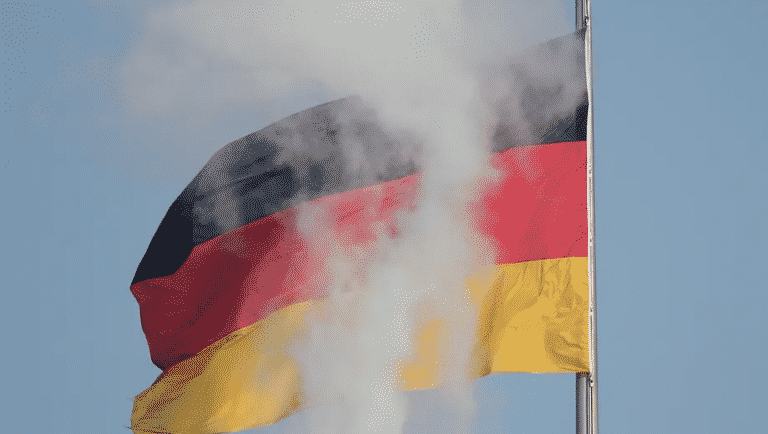
Germany’s new coalition has said they will stop burning coal for electricity by 2030 – 8 years earlier than planned.
Their goal is to offer more renewable energy sources and encourage their usage by placing additional taxes on the fossil fuel industry.
The new coalition plans on further developing climate legislation in 2022 and launching an immediate climate protection program. All sectors are planning to contribute: transport, construction, and housing, power generation, industry, and agriculture.
Outgoing Chancellor Angela Merkel wanted to reduce Germany’s dependence on the fossil fuel industry. However, her administration lacked the strategy necessary to get there.
Incoming Chancellor, Olaf Scholz, is hoping to change that. He has negotiated the terms of these changes for two months. So far, discussions have been well received. They include:
- Allocating 2% of land throughout Germany to renewable farms, such as wind and solar.
- Keeping carbon emission permit prices above 60 euros (or $67).
- Eliminating a surcharge used to support clean power growth beginning in January 2023.
Germany’s economy is the largest in Europe and the 4th largest in the world. Their commitment to renewable energy can build on what was discussed at COP26 earlier this month, where world leaders promised to:
- Help developing countries finance green initiatives.
- Reduce overall emissions.
- Create a global standard for the carbon marketplace.
Simply put, carbon credits are a way to offset carbon emissions. For every carbon credit purchased, one metric ton of carbon is offset from the atmosphere through an environmental project, like reforestation.
The carbon credit industry has boomed over the past year. It is expected to be valued at $100 billion by 2030 – up from just $300 million in 2018. Many expect this new global standard to cause it to grow even more.
To fight climate change, there needs to be a mix of technological innovation, government regulation, and carbon offsets. Each has an important role to play. With temperatures continuing to increase, nations must think big. Germany has shown us this and is leading the way.
Coal currently supplies nearly a quarter of Germany’s population with electricity.